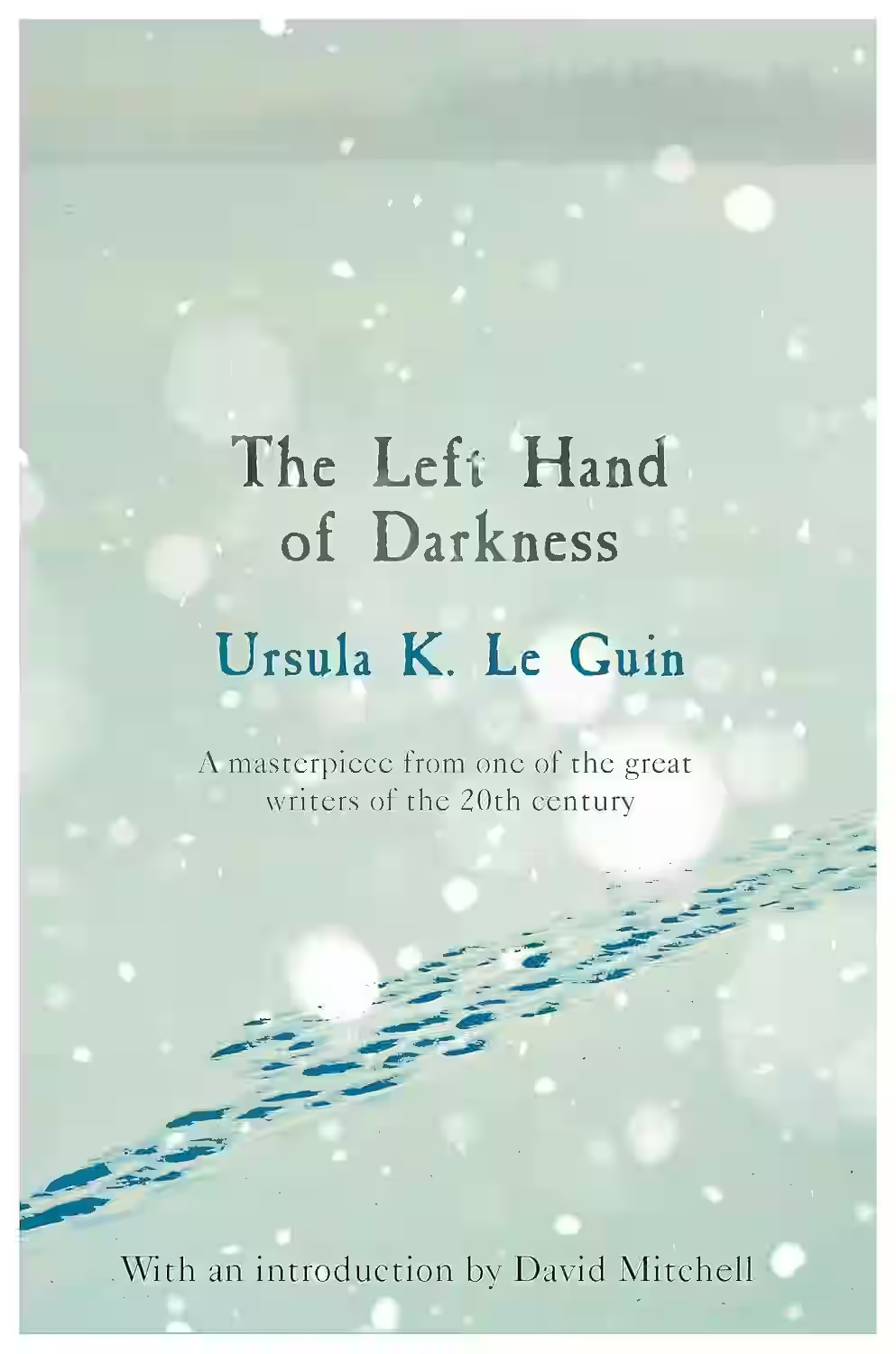
Ursula K. Le Guin’s The Left Hand of Darkness is a groundbreaking science fiction novel set on the icy planet of Gethen, where inhabitants are ambisexual, shifting between genders. Genly Ai, an envoy from another world, must navigate this unfamiliar culture and its politics to encourage planetary unity. His journey with the exiled Estravan becomes a profound exploration of identity, trust, and human connection. Le Guin masterfully blends anthropology, philosophy, and science fiction to challenge gender norms and cultural assumptions. A classic of the genre, it’s a powerful meditation on what it means to be human.
About Ursula K. Le Guin
A highly influential American author known for her groundbreaking science fiction and fantasy that often explored themes of gender, society, and ecology. Her seminal works, including The Left Hand of Darkness and The Dispossessed, challenged genre conventions and offered profound insights into human nature and cultural differences. Le Guin's intellectual depth and lyrical prose have made her a literary icon.
Other Books by Ursula K. Le Guin
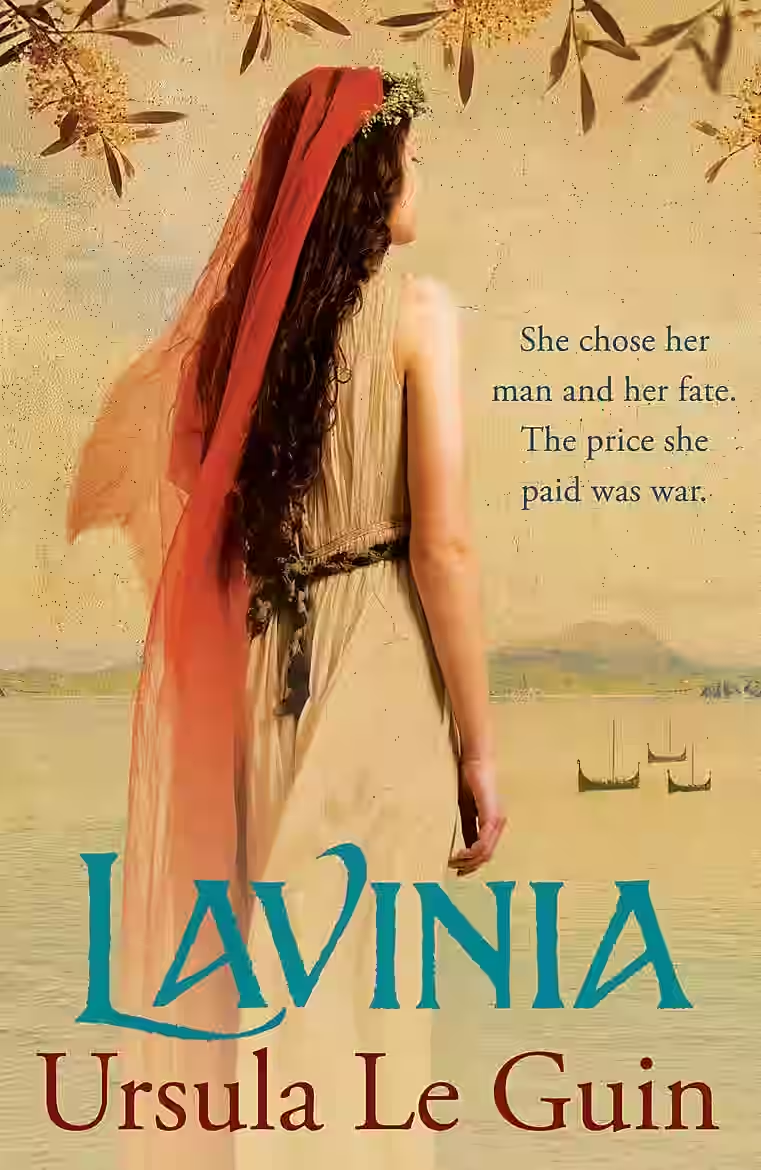
Lavinia
Ursula K. Le Guin's "Lavinia" breathes life into a briefly mentioned character from Virgil's epic, the Aeneid. In this novel, Lavinia, a princess of Latium, finally gets her own story, stepping out of the shadows to narrate in a first-person perspective. The novel beautifully blends historical fiction with mythological elements, offering a fresh narrative that explores themes of fate, autonomy, and the struggles of self-definition. Through Lavinia's eyes, the reader is drawn into the era's political intrigues and personal desires. Le Guin's masterful writing invites reflection on the nature of truth and the legacy of stories untold. Her evocative prose and richly detailed settings envelop the audience in a bygone world that echoes with both personal and epic echoes, making it an essential read for fans of historical and mythological fiction.
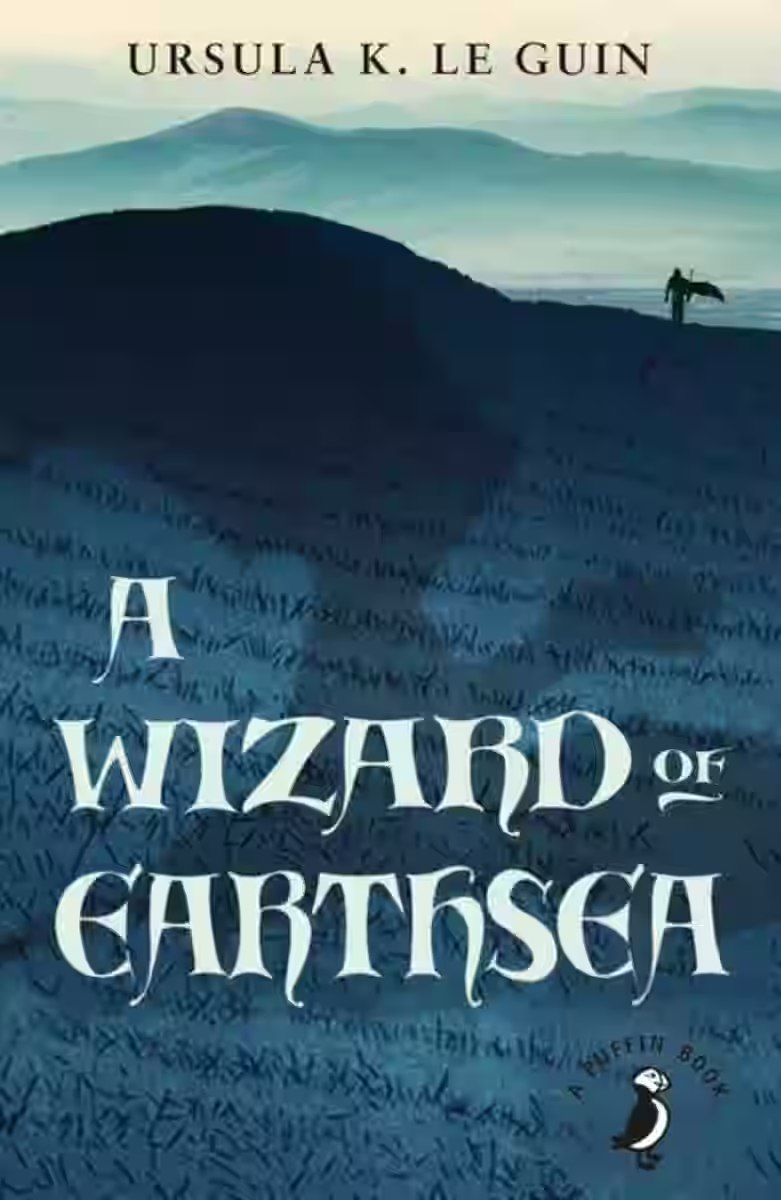
A Wizard of Earthsea
Ursula K. Le Guin's 'A Wizard of Earthsea' is a seminal work in the fantasy genre, exploring the journey of young Ged, a gifted boy who is destined to become a powerful wizard. Set in the mystical archipelago of Earthsea, Ged's story is both a thrilling adventure and a profound exploration of identity, power, and responsibility. As Ged struggles to control his burgeoning powers, he inadvertently unleashes a dark shadow that threatens to consume him and everything he holds dear. Le Guin masterfully weaves themes of self-discovery, the duality of good and evil, and the importance of harmony within oneself. This novel not only captivates with its rich world-building and intricate magic system, but it also resonates on a deeper philosophical level, making it a timeless classic that continues to inspire readers and writers alike.
Similar Books
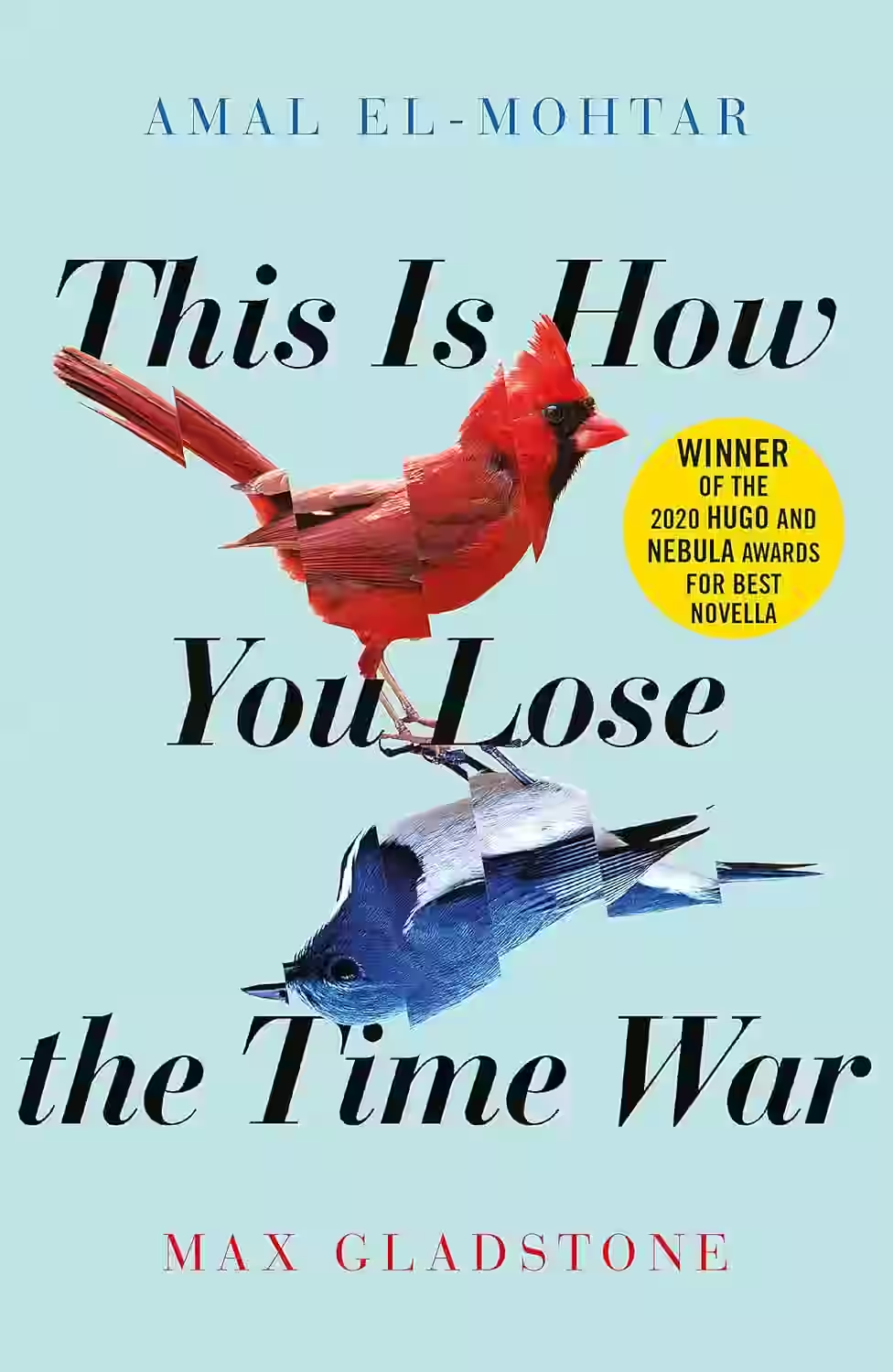
This Is How You Lose the Time War
Two time-travelling agents from warring futures, working their way through the past, begin to exchange letters - and fall in love in this thrilling and romantic book from award-winning authors Amal-El Mohtar and Max Gladstone. Among the ashes of a dying world, an agent of the Commandant finds a letter. It reads: Burn before reading. Thus begins an unlikely correspondence between two rival agents hellbent on securing the best possible future for their warring factions. Now, what began as a taunt, a battlefield boast, grows into something more. Something epic. Something romantic. Something that could change the past and the future. Except the discovery of their bond would mean death for each of them. There's still a war going on, after all. And someone has to win that war. That's how war works. Right?
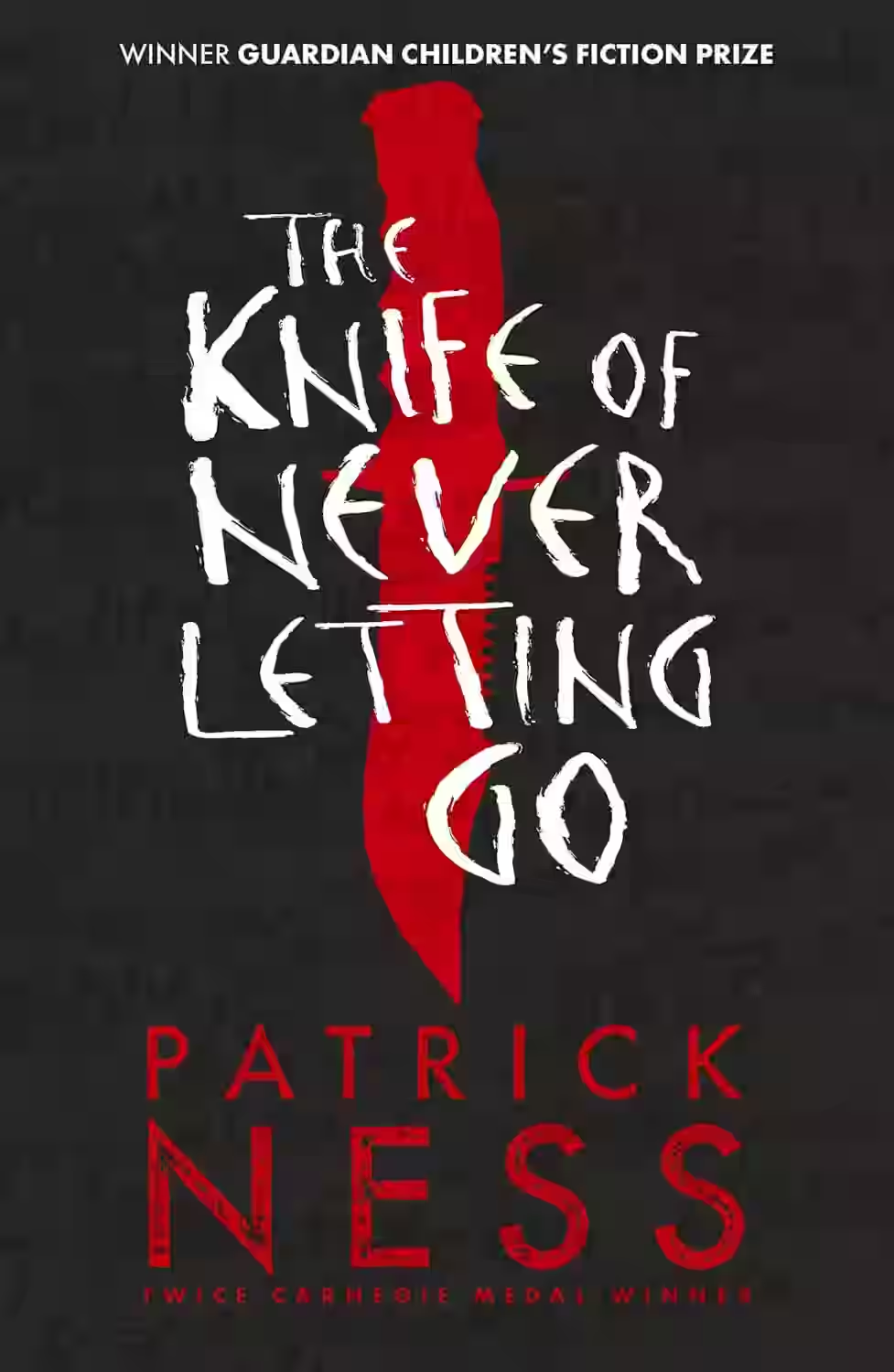
The Knife of Never Letting Go
by Patrick Ness
Series: Chaos Walking (#1)
Set in a dystopian world where every living creature can hear each other's thoughts in a constant, chaotic stream called Noise, 'The Knife of Never Letting Go' follows young Todd Hewitt as he discovers a chilling secret that sends him on the run from his seemingly utopian society. As Todd navigates this cluttered world with his loyal dog Manchee, he confronts themes of adolescence, identity, and the oppressive nature of secrets. Patrick Ness crafts a gripping narrative that explores masculinity, the perils of ignorance, and the complicated path to maturity in a novel packed with suspense and emotional depth.
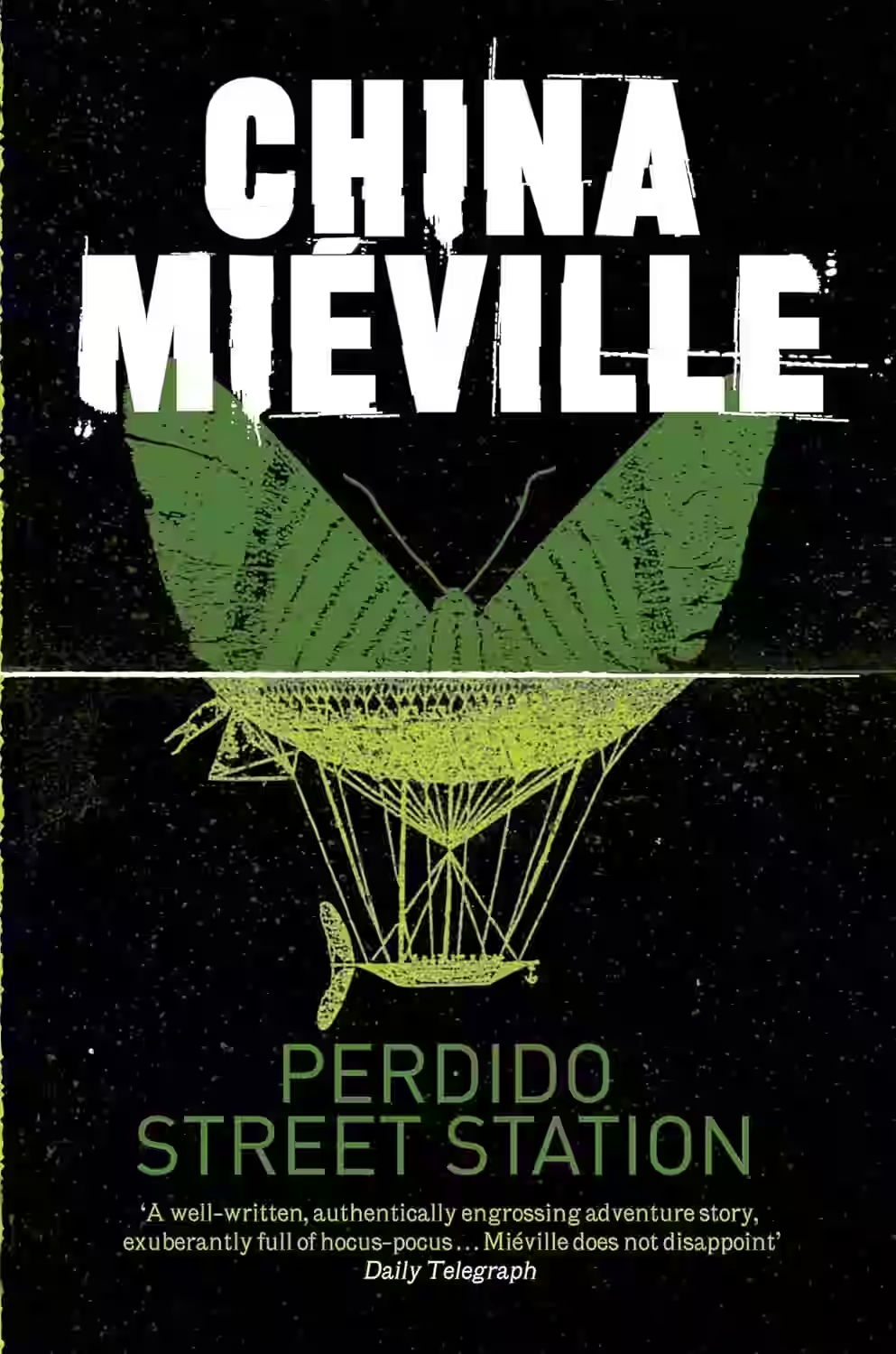
Perdido Street Station
The metropolis of New Crobuzon sprawls at the centre of its own bewildering world. Humans and mutants and arcane races throng the gloom beneath its chimneys, where the rivers are sluggish with unnatural effluent, and factories and foundries pound into the night. For more than a thousand years, the parliament and its brutal militia have ruled over a vast array of workers and artists, spies, magicians, junkies and whores. Now a stranger has come, with a pocketful of gold and an impossible demand, and inadvertently something unthinkable is released. Soon the city is gripped by an alien terror - and the fate of millions depends on a clutch of outcasts on the run from lawmakers and crime-lords alike. The urban nightscape becomes a hunting ground as battles rage in the shadows of bizarre buildings. And a reckoning is due at the city's heart, in the vast edifice of Perdido Street Station. It is too late to escape.
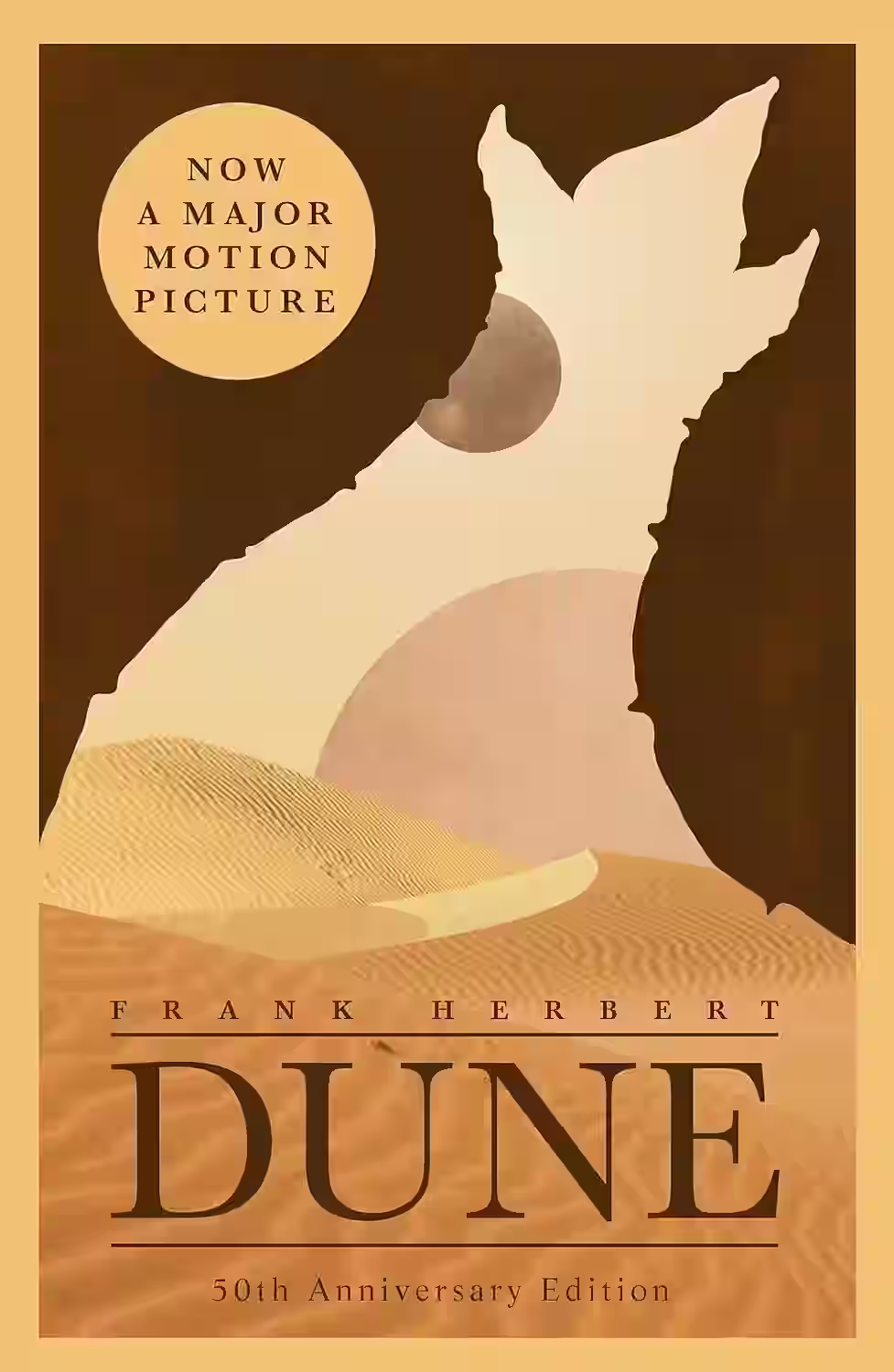
Dune
Series: Dune (#1)
Set on the desert planet Arrakis, Dune is the story of the boy Paul Atreides, who would become the mysterious man known as Muad'dib. He would avenge the traitorous plot against his noble family—and would bring to fruition humankind's most ancient and unattainable dream. A stunning blend of adventure and mysticism, environmentalism and politics, Dune won the first Nebula Award, shared the Hugo Award, and formed the basis of what is undoubtedly the grandest epic in science fiction. Frank Herbert's death in 1986 was a tragic loss, yet the astounding legacy of his visionary fiction will live forever.